Welcome to the online version of our 2012 yoga retreat: Your Brain on Yoga.
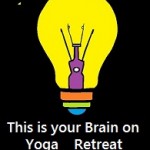
Seven items for maintaining brain health we experienced at the retreat:
1. Stress Relief and proper breathing
2. Exercise and blood circulation
3. Good sleep and nap during afternoon
4. Vit D3 and Fish oil Omega 3’s
5. Learn something new
6. Happy social environment, gratitude, forgiveness
7. Healthy whole foods, low in added sugar, high fructose CS or chemical sugar substitutes, if possible filtered water. Docutments for food and water for brain: Watering the Brain Feeding the Brain(1)
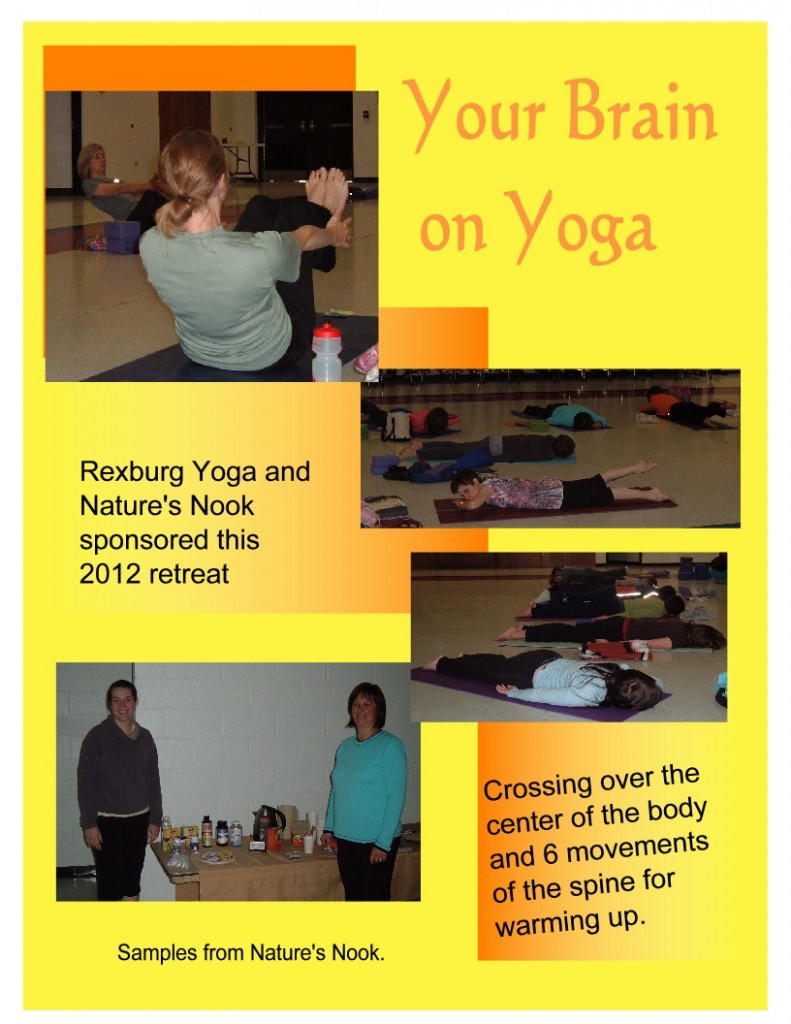
INTRO: By Leslie
From Science Daily News magazine: “People in developed nations are living in good health as much as a decade longer than their parents did, not because aging has been slowed or reversed, but because they are staying healthy to a more advanced age.”
“We’re living longer because people are reaching old age in better health,” said demographer James Vaupel, in Nature, magazine. But once it starts, the process of aging itself — including dementia and heart disease — is still happening at pretty much the same rate. “Deterioration, instead of being stretched out, is being postponed.”
Good news that we are living longer, but its only good news if we are feeling great while we enjoy those 10 extra years and postpone the deterioration process of the human body. If given a choice, I think most people would never choose dementia as the disease that takes them out in their old age. My uncle right now is in the early stages of Alzheimer’s disease and it is overwhelming to ponder how his wife and family will deal with that over the next few years. My husband’s grandmother and other older relatives died with Alzheimer’s so it is a disease found in both sides of my family.
The good news also is there is a lot we can do to postpone the deterioration of the body and today we are specifically focused on brain health and how we can keep the healthy functioning of our brain for as long as possible.
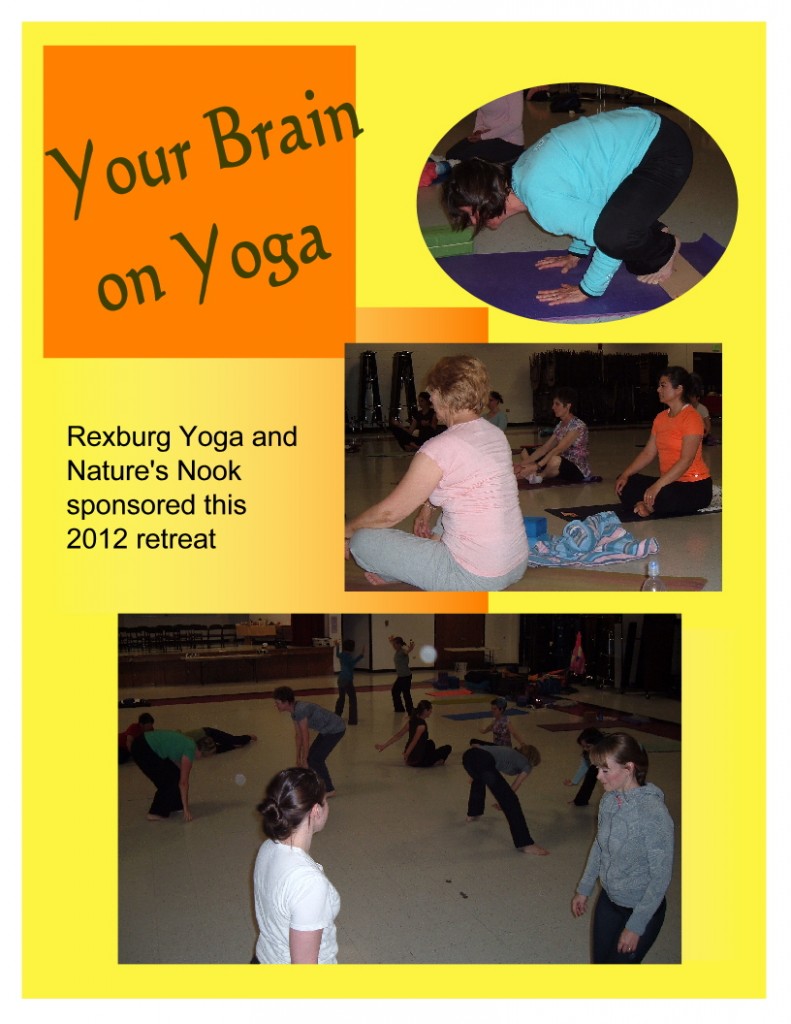
On your handout is a list of 7 activities that promote brain health – and good health in general. We will participate in as many of those things as we can in this retreat, and hopefully by the end of the day you can do the rest of the things on the list. Then just keep up those good habits that you start today. The list is not in any specific order.
For a few minutes you might be learning something new and I am going to tell you about 2 food supplements that you might want to add to your diet because of their extreme importance to a healthy brain. Let’s start with Vitamin D.
Vitamin D has been receiving a lot of coverage in medical journals and research and the findings are amazing. The studies are showing good results for all inflammatory diseases and that includes dementia. The body produces Vitamin D from the sun. But in order to get anything close to an adequate supply, a person needs to be exposed to sunlight on their bare skin for at least 20 minutes during the day.
What happens when a person gets older that affects Vitamin D levels? First, we get less sun. There are not as many opportunities to be working out in the sunshine and older folks expose less skin – not as many shorts and short sleeves during the summer.
As we age, our skin becomes less effective at producing the Vitamin D, and for those of us living in Northern Hemisphere, there is not a lot of time during the year that we can be outside getting the sunshine. Also some medication robs the body of Vitamin D.
One of the processes that happen in dementia is that plaque builds up in the brain and diminishes good communication within the brain cells. Evidence suggests that Vitamin D helps clean out that amyloid protein – that’s the stuff that condenses into plaque. Low levels of Vit D have been associated with Parkinson’s disease.
If you go into a health food store, what do you look for to supplement Vitamin D? It’s Vitamin D3. And in the past it was thought that it was easy to have toxic levels in the body, but recent evidence suggests that is not true. Vitamin D3 rather than acting as a vitamin is more like a hormone and as levels rise in the body, all sorts of good side effects occur, not only in bones and teeth but in all organs and systems. It’s easy to ask for a blood test of Vit D3 the next time you have your blood tested, and until then, you might choose to investigate Vit D3 more and add it to your daily routine. I’m not a doctor and can give no recommendations but when cold and flu season comes we take with confidence 50-60 thousand IU every day to provide what is needed for the lungs and immune system.
Another food supplement that is so critical for brain health is Omega -3 fatty acids and fish oils. Fish is known as a brain food and it’s because it’s a rich source of the same fatty acid DHA that is found in the brain. It is instrumental in the functioning of brain cell membrane and this is how the signals talk to each other – thru that membrane. Research indicates that fish oil use was associated with less brain shrinkage in patients taking these supplements during the study compared to those who didn’t report using them. Omega 3 fatty acids improve blood flow to the brain during mental activity. And these studies of fish oil are done on all ages showing that school children can improve performance and have less anxiety and then the benefits to adults for keeping cognitive functioning.
Our diets are very high in Omega 6, so it’s the kind of fats that we are missing. High quality fish oil is a source of the Omega 3 fatty acids. You can increase the use of foods with Omega 3’s with fish, winter squash and olive oil – are good sources, but the olive oil cannot be heated or the benefits are negated. Walnuts, flax seeds are also good sources.
Just a few other things to mention about our diet and cognitive functioning: Studies are finding a link between Alzheimer’s disease and diabetes. So much so that Alzheimer’s is given the name Type 3 diabetes. So keeping blood sugar regulated through diet and lifestyle is critical. B12 is such an important vitamin for brain health as well, but I won’t take time to give details. Those who are vegetarians are at risk for not getting enough B12. It is vitamin gained from animal proteins. If you are past about 55 years old, then your digestive system may not be able to properly digest the animal proteins, thus making you at risk for B12 deficiency. Enzymes with meals can help that.
Many of the pharmaceutical drugs that we take regularly for high cholesterol, high blood pressure, anxiety and depression, and other things use up basic nutrients from the body, thus causing deficiencies and increases the onset of deterioration of the body and brain. I will not say more about that, but I have some resources to help you find out what those nutrients are that are possibly deficient.
One more thing especially for women beyond the age of menopause: I just recently learned that estrogen gives women the capacity for multi-tasking and then when the estrogen level drops after cycling is finished; her ability to multi-task is more comparable to what men naturally have. It’s the time not to worry that you have lost your memory, but to be calm and do just one or two tasks mindfully and to realize this is a very normal and good thing – to be mindful with all tasks. That mindfulness helps with relaxation of the body systems.
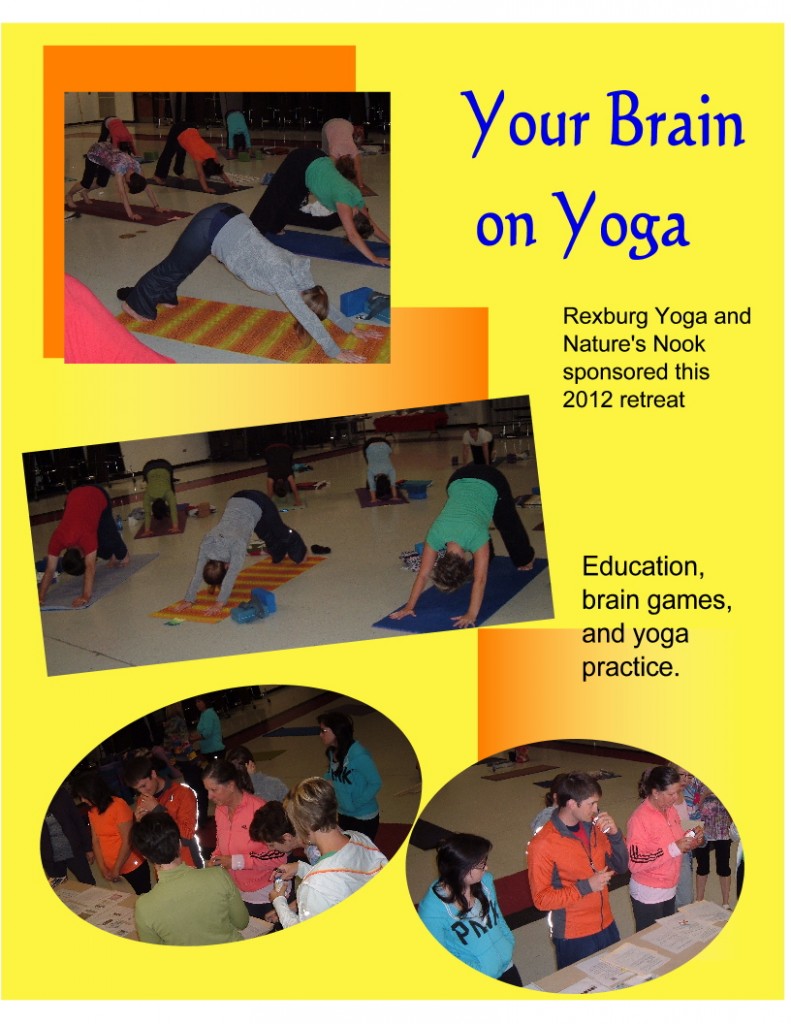
Here are the resources for this intro;
Balancing Point podcast
Science Daily
brain food
Natural News
Science Daily
Whole foods
Medicine Men podcast
Drug Muggers is the book that describes what nutrients medications steal from the body and thus create deficiencies. Madison Library District has the book to loan.
Smell Test info
This story from Shelly:
A week before our yoga retreat I had the opportunity to go fishing with family in Alaska. This was my first experience to be out in the ocean on a small guided boat
for nine hours a day for four full days and 5 for another day. I had a dramamine patch that I placed behind my ear the night before and kept it on for three days.
After the third day, I changed it to a new one. This was also something that I had not used before. The first day was very stormy out on the sea. The small boat “trolled” around the bays that typically have good schools of fish feeding. Because of the wind and the waves we needed to be steered into the wind. Even though this is preferred, often we rocked from side to side. I never felt sick and didn’t notice anything at the end of the day when we docked.
I had a good appetite and felt generally good. I
got home from my trip on a Sunday night. I had taken off the patch on Saturday afternoon and felt tired but well when we got in. The next morning I noticed that there was a slight side to side movement when I was still in the room. I felt a bit woozy, fatigued and most of all unorganized. I decided that I was having a bit of
“boat lag.” The next day and for the rest of the week I noticed that I continued to feel fatigued, and most of all disorganized. I seemed to have lost my “internal
schedule.” I felt like I could not get my brain to do what it needed to do in order to finish tasks. It wasn’t until I was working on the information about cross crawling that I made a connection.
What I learned is when ones energy is “homolateral,” meaning that instead of crossing the body the energy flows down the body, it takes the body two to three times more work to accomplish normal physicological tasks. Indicators include “overwelming feelings of fatigue, clumsiness and lack of coordination, word substitution or difficulty thinking of a word when it is needed in a conversation, general sluggishness and lack of motivation to do much of anything…” This was what I had been feeling.
I decided that being on a boat for the better part of a week moving from side to side constantly had placed me in a homolateral energy pattern! I decided to not only
prepare to teach cross-crawling, I would practice this daily to see if I felt better. It made a difference as I began to do poses and exercises that coordinated
the use of both my right and left hemispheres of my brain. I was pleasantly surprised at the difference it made in accomplishing my daily tasks with greater
focus and organization.
Other resources we found interesting and supportive:
Yoga international
Cerebral Cortex functions

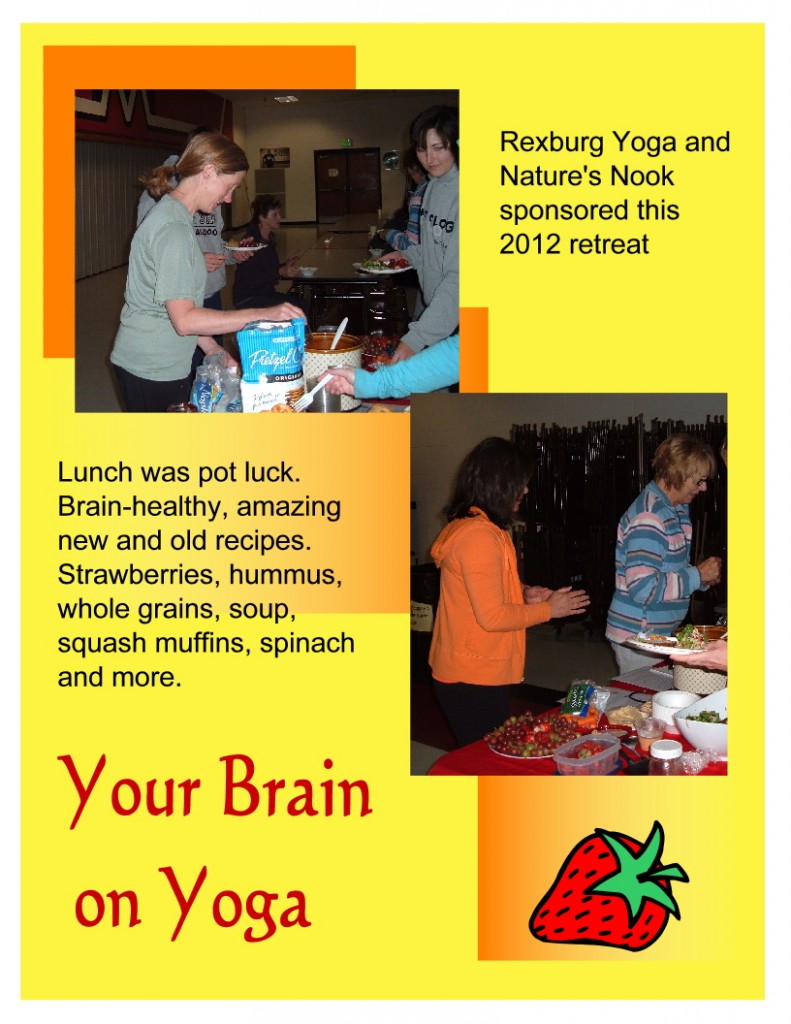
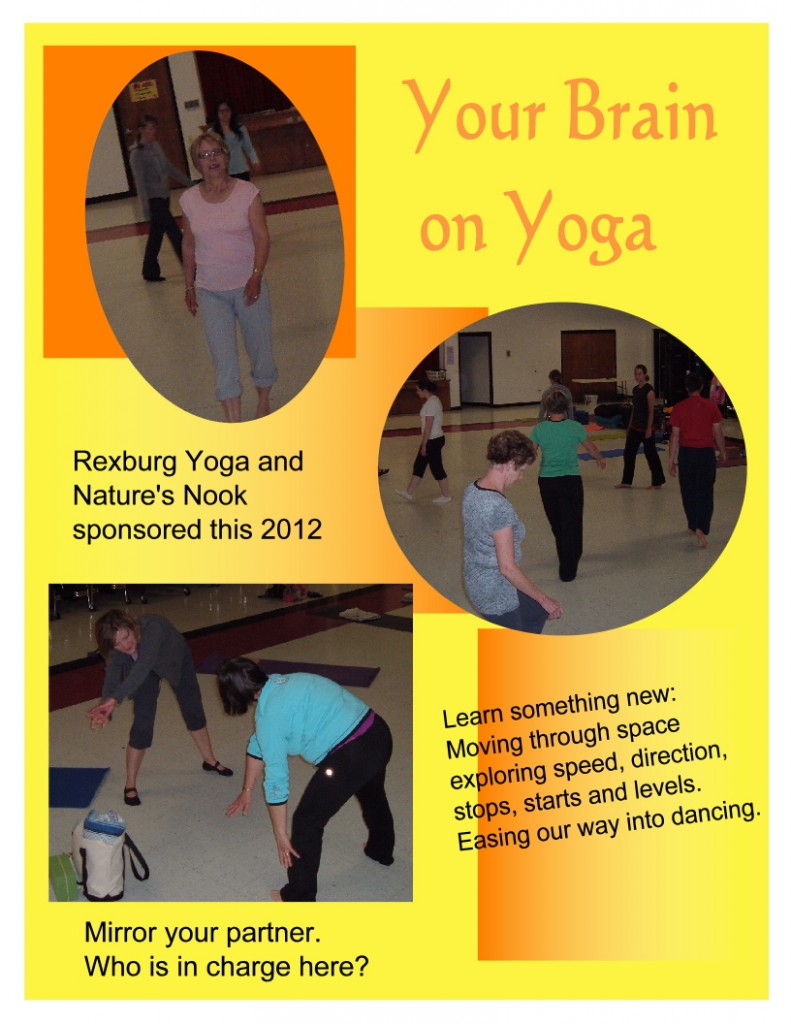

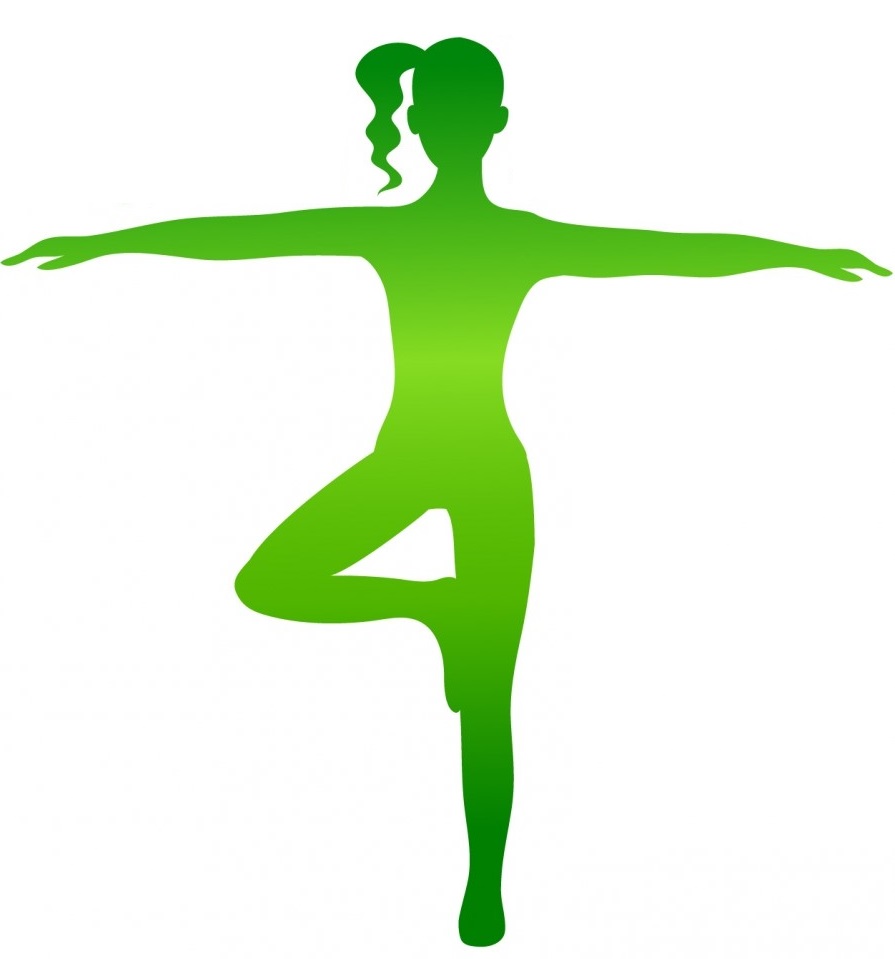
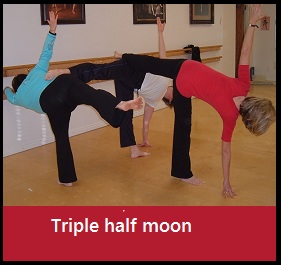
We asked for an evaluation from students. Here are some comments. We will use these ideas when we plan for other years.
Thanks for the retreat! Loved being with everyone.
Here are a couple of thoughts for improvement from my view– take a few minutes for
healthy snacks mid way, more yoga, maybe less time for brain teasers/ vitmains(
could this info be posted on website instead ?), if possible another location with
more light/ beauty would be awesome– kind of felt dark and gloomy in the gym…but
I know it was the best option this year!
I love being wih you ladies! I ALWAyS come away happier and better! Loved the
yoga, loved savasana, loved lunch.
I really enjoyed the retreat! I learned a lot in a friendly, non-threatening,
relaxed atmosphere. The subject matter was something I’m very interested in, and the
instructors all seemed well qualified. I got a great workout–all the yoga I wanted,
and the dancing was a lot of fun! The pot luck capped it all off beautifully. I
don’t know that I have any helpful suggestions, other than I personally prefer a
softer surface like commercial carpet, but I realize a space like that might not be
affordable. The retreat was an incredible value for the price. I’d like to do it
again!
I was surprised at finding that I enjoyed the movement and dance part of the retreat. My initial response to being asked to move in space and mirror someone else was negative, but it turned out to be fun. I also liked the information part. Always I like the yoga. The only thing I would like to see changed would be more yoga. I really enjoyed the relaxation part.